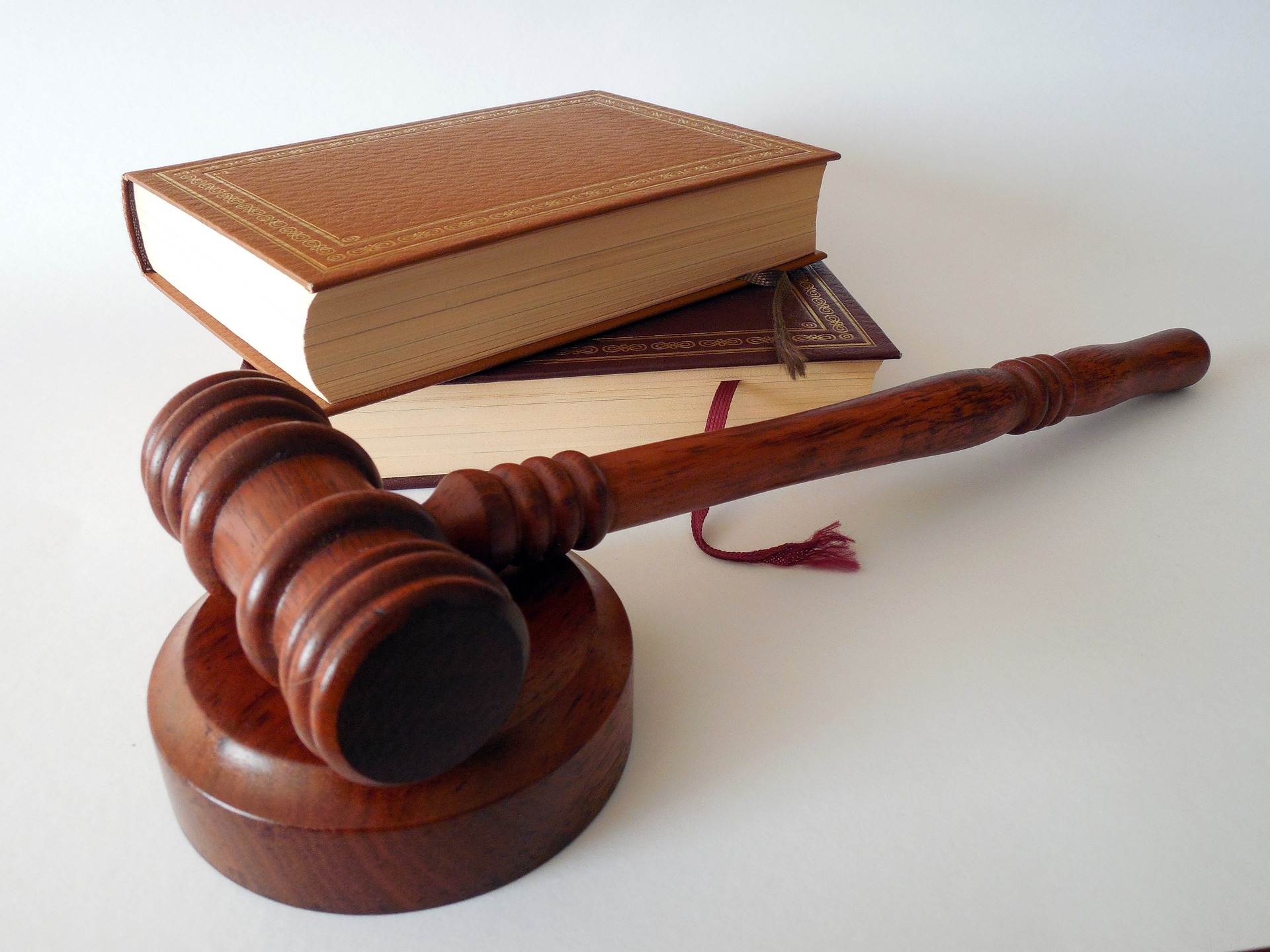Assessing the Role of Regulatory Agencies in Consumer Protection
Introduction: In our modern society, consumers are often at the mercy of large corporations and their products. This interaction between consumers and corporations is regulated by certain government agencies to ensure fairness and prevent exploitation. This article will delve into the role of these regulatory agencies in consumer protection, the history behind their establishment, recent policy changes, and the societal impact of their actions.
The Genesis of Consumer Protection Agencies
Consumer protection agencies have a rich history rooted in the industrial revolution. The rapid development of industries led to an increase in consumer goods and services, necessitating a system to regulate interactions between consumers and corporations. Early consumer protection laws were enacted to prevent unfair trade practices like false advertising, price fixing, and monopolistic behavior. This marked the birth of regulatory agencies such as the Federal Trade Commission (FTC) in the United States, which was established to protect consumers and promote competition.
The Function of Regulatory Agencies
Regulatory agencies like the FTC, the Food and Drug Administration (FDA), and others, serve as watchdogs, monitoring corporate behavior and ensuring adherence to established laws. Their roles include establishing rules for fair practices, investigating complaints, and prosecuting violators. These agencies also play a crucial role in shaping consumer protection policies, influencing legislation, and driving changes in the marketplace.
Recent Developments
In recent years, regulatory agencies have been confronted with new challenges brought about by technological advancements and globalization. For example, the rise of e-commerce has necessitated a shift in focus towards online consumer protection. In response, agencies have implemented new rules and guidelines to regulate online transactions, protect personal data, and combat online scams.
The Impact of Regulatory Agencies on Society
The work of regulatory agencies in consumer protection has had profound societal impacts. They have fostered a safer and fairer marketplace for consumers, ensuring quality products, accurate product information, and fair pricing. By curbing monopolistic practices, these agencies promote competition, leading to innovation and improved product offerings.
However, the role of these agencies is a balancing act. Excessive regulation can stifle innovation and create bureaucratic red tape, while lax oversight can lead to consumer exploitation and corporate misconduct.
Conclusion
The role of regulatory agencies in consumer protection cannot be understated. As we continue to navigate an ever-evolving marketplace, these agencies will remain instrumental in safeguarding consumer interests and ensuring fair trade practices. It is essential to keep a vigilant eye on regulatory changes, as they significantly impact the interaction between consumers and corporations.
As citizens, understanding the role of regulatory agencies can empower us to make informed decisions and stay proactive in a complex economic landscape. By doing so, we contribute to a fair and equitable marketplace that benefits us all.





